Do we mourn the demise of engines of commercial engagement, their cogs and wheels grinding via esoteric systems that busily serviced what passed for the city’s culture? Oxford’s three or four theatres, the beloved Phoenix Picture Palace, Holywell Music Room, Sheldonian and St John the Evangelist musical venues plus the familiar shops and eating houses- I am leaving out pubs and nightclubs which also provide song and dance.

Cycling through Oxford is an inducement to melancholia. In the short space of 18 months one’s outlook has shrunk to perspectives of the past, like an essay of Elia, with Charles Lamb reminiscing about greybeards in the Inns of Court. “Ah yes,” goes the voice in my head. “Here were the walls lined with hundreds of posters advertising dozens of concerts and talks in any given week. Here stood the Big Issue hawkers, and all over were the undergraduates scurrying to tutorials and lectures. The bustle and hum of the university pleasantly fuelling the engines of said commerce.”
Through the deserted streets I go passing shuttered up shop fronts and cafes, landmarks like the Randolph Hotel and other hostelries in the process of being tarted up to suit a new kind of clientele (we boast a couple of Premier Inns now and the once passable hotels like the Eastgate look like the deadest corporate office space). The new clientele have an air of hastily assembled respectability, but only just. They carry the logo of “comfort” above aesthetic- trainers, capacious upper garments, jeans and dragging wheeled cases: check in check out. The shell of the venerable Boswells Department Store (sold to another hotel chain) stands like an abandoned ship, all hands gone forever, and I feel a kind of outrage that such an institution should have been allowed to pass away. You needed sewing thread? a rolling pin? Or sheets, towels, toys and advice from the Wise Chemist and it was there. Some of the shop-ladies had been assembling every morning for 40 years and standing about clucking, gently gathering dust or wool, mentally knitting ancient fifties patterns in their heads. I don’t know how many suitcases I bought at Boswells, how many years worth of mothkillers, clothes pegs or essential oils, all to be garnered under one roof. Boswells even started providing afternoon tea with decent cake and scones (see my blog Fave Caffs no. 12: Boswell’s). The famous Covered Market that housed half a dozen butchers, bakers and candlestick makers, Palms Delicatessen, all manner of greengrocers and useful shops now almost dead.
Likewise Gills, the hardware shop located in a medieval alley off the High Street, with its khaki coated bespectacled assistants who would thoughtfully ponder the size and quality of any kind of screw nut and bolt you might be looking for. When businesses hummed and clients’ chatter raised and lowered temperatures like passing highs and lows of weather, life had a continuum that was rarely threatened with closure. In the midst of activity and busyness it’s impossible to contemplate the day of judgment.
Now St Giles, that wide and gracious Avenue that welcomes one into the heart of the university, has become an haunted passageway for cars. They process, mostly minding the 20mph signs, occupants (sometimes masked) sealed in anonymity, only to find themselves inching along the one-way system to one of the feeder roads- Abingdon or Botley. The former a greased up drain with “shoppers” wanting to park in the ghastly shopping mall called Westgate which the city fathers thought would jazz up Oxford. A post-Covid weekend brings out a race of vapid looking overweight consumers looking for a fix at H&M or Zara or Primark. Bonn Square throbs to the beat of hugely untalented singers belting out their guts without shame or remorse. The noise is appalling. Botley is permanently under construction and the journey from East to West Oxford now takes 45 minutes, whereas before the roadworks and the mall it took all of seven or eight. Eagle and Child (Bird and Baby to fans of the Inklings) closed, Lamb and Flag gone for good, the small bistro with a 3 dish menu gone. Only Blackfriars and Pusey House remain unchanged. Turn into Little Clarendon Street, long ago called Little Trendy Street for its small boutiques and quirky eateries, has a few dull cafes, like Gails, George and Delia’s which was started by two enterprising university employees, an outrageous dress shop, an outrageously expensive cheese boutique, furniture gallery and a sort of start up hub for wannabe entrepreneurs.
Out for a post-prandial walk I stop at Penelope’s house in Jericho. She opens her door bare footed and evidently pleased to see me. She says she hasn’t been anywhere for over 18 months. “Well, I was being careful with Covid of course. But now I’ve had my two jabs…” Neither has she seen anyone, but stays at home re-reading the paperbacks on her bookshelf.
Along the canal I see a member of my former choir. He is, as ever, keen to fill me in with his health which takes a long time. I nod along but it’s getting dark. A canal boat owner is ferociously spraying the verge with pine scented detergent. “Keeps the bloody dogs off my patch. Honestly, their owners can’t understand why they won’t do their business here- but they dig in their paws stubbornly and won’t perform.”
There are dogs everywhere. They all look over-bred and cosseted, wearing coatees. They might even be liveried. The dog population has multiplied during Covid. Why, I wonder, would you want a smelly beast that needs feeding and watering not to say walking every day?
Its been an awful summer. A day of torrential downpours then no rain for weeks. A week of searing temperatures then weeks of cloud and cold. The badgers have got at my carrots, seeds haven’t germinated, easy crops haven’t come up. My cosmos are 7 feet high without a single bud and its the end of August. It does feel like the end times.
I miss the sights that brought a warm feeling to my day: the sight of the Edwardian lady in long skirts, hair looped about her face which was always stuck in a book as she walked briskly to work. The woman I imagined was a Buddhist, striding briskly along the Woodstock Road as though on pilgrimage. The small man with a large head, high forehead and fine nose who I christened Deer. I once actually said hello to him at a crossing and he told he he was a physicist who had been born in Oxford, done all his degrees here and now worked in the University labs. The bicycling twins who wore bowler hats and hacking jackets and had a circle of rouge on each cheek. I passed their house off Woodstock Road today where their strange brother lived in the attic and spied on neighbours with his binoculars (eyeglass reads better though). The house is covered in scaffolding. Then I stopped outside the Heidt’s house when they lived close by us in Woodstock Road. Father John Heidt and Katherine had five children and the second youngest is coming up for an important landmark birthday, so I took a pic of their old house. Every Saturday we all gathered to watch Dr Who in the nursery, with a tray of Penguin biscuits and peanut butter- jelly sandwiches. Bo, the birthday girl, and Priya were seen thumbing lifts at the age of 5 on Woodstock Road. “We’re hedge hiking ” they declared indignantly as they were dragged back home. The lady with a startling red gash for a mouth, hatted snd gloved, waiting for a bus to town. She must have been in her seventies but carried a faint aura of promiscuity. I was told she had had a colourful past.
Everyone we knew cycled. Only the students in term time and the lycra clad fanatics risk the potholes now. Cars and dozens of empty buses pile up like unwanted guests. North Oxford houses look expensively forbidding with builders’ vans permanently parked outside and equipment and skips telling their own story of 6 million pound dwellings being done up for plutocrats who fancy the address.
I think its time to leave Oxford. I have lived here 47 years- off and on- fulfilling a childhood fantasy from the age of 10 when my parents brought us to look at the sights. I have been extremely unhappy and extremely happy. Very unlucky and very lucky. I’ve passed in and out of five churches ranging from the very low (St Aldate’s) to the very high (Pusey House), taught, swum, walked but mainly cycled, wept in graveyards and allotments, enjoyed the company of many friends and now realize that the old ways will never ever return. It’s all getting a bit bleak and I am heading to the countryside to fresh fields and pastures new. I hope I don’t have to wait too long to be allocated an allotment.













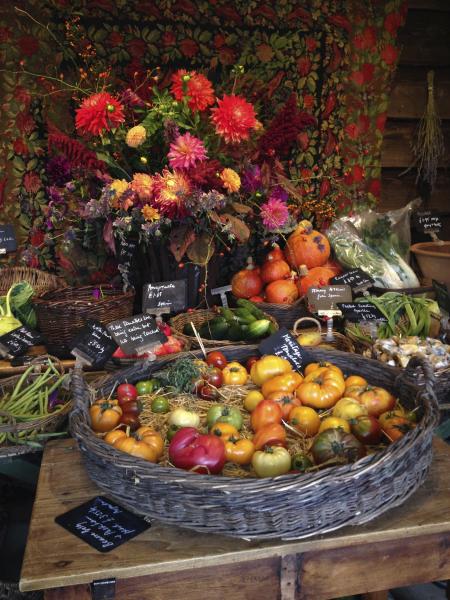
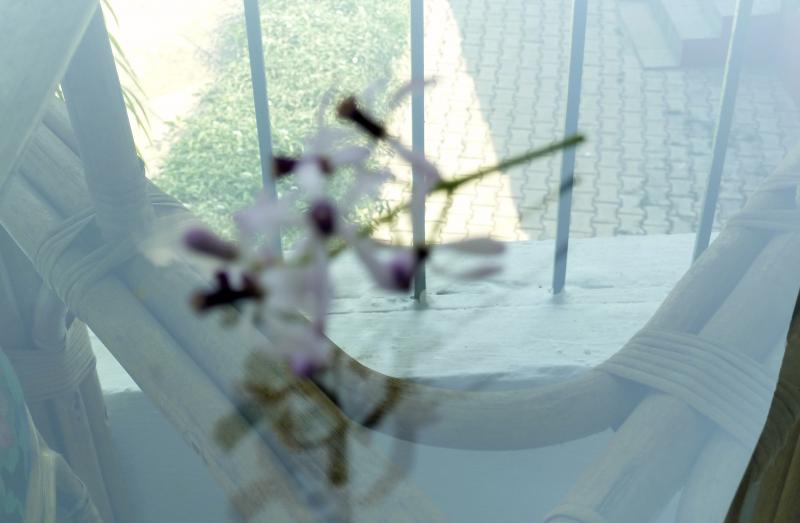
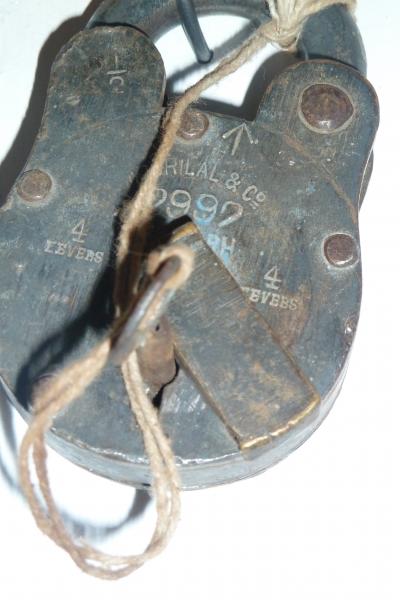
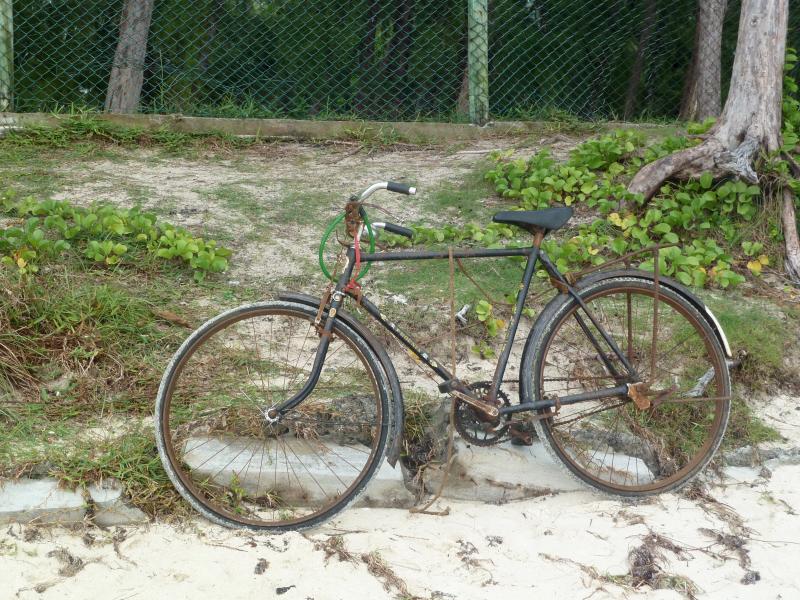
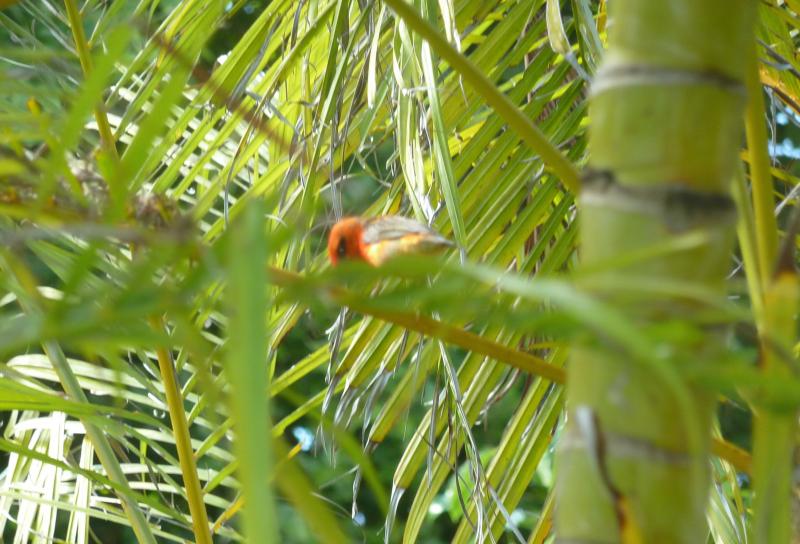
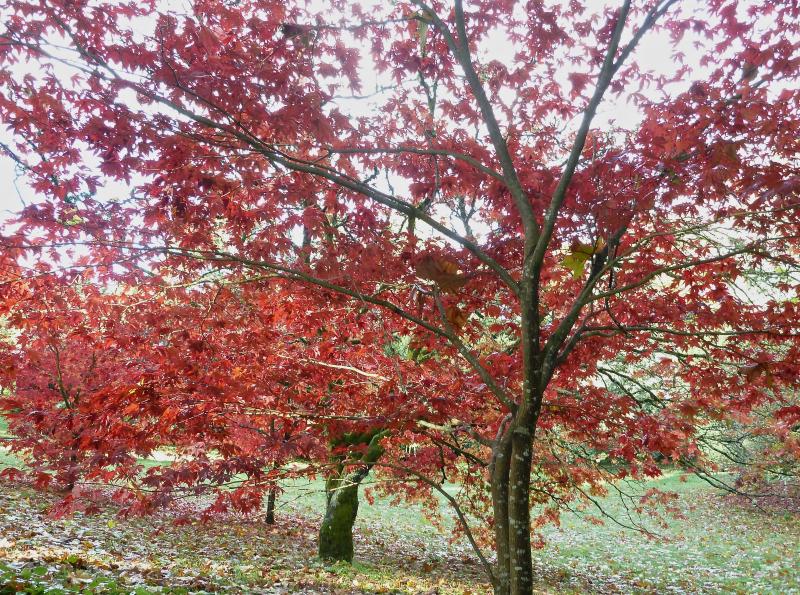


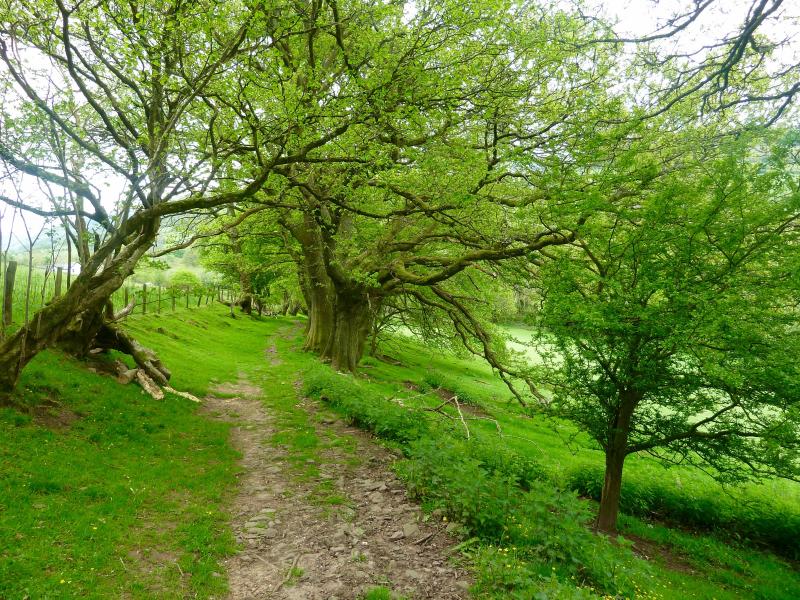

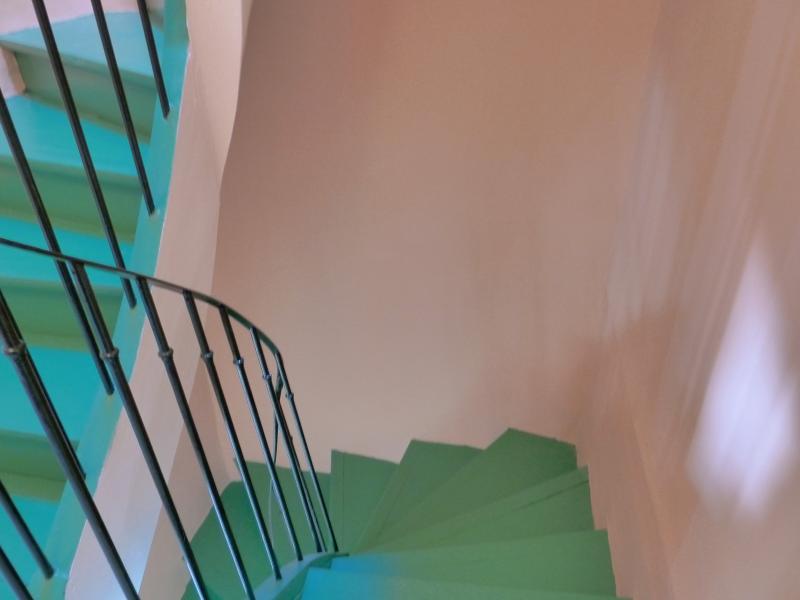

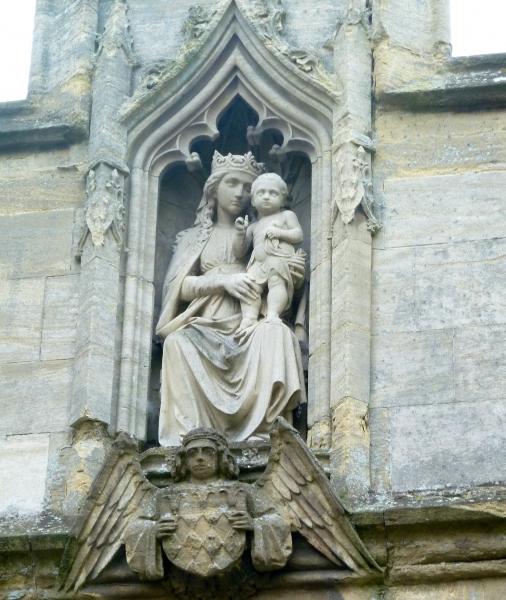

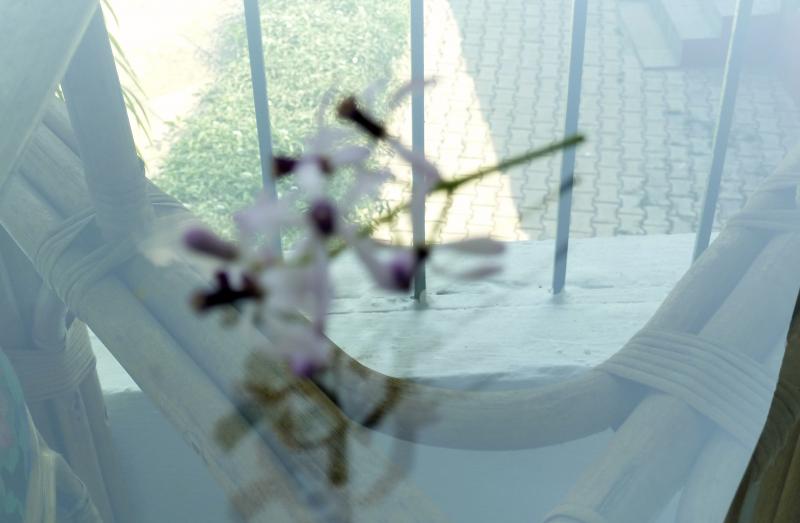
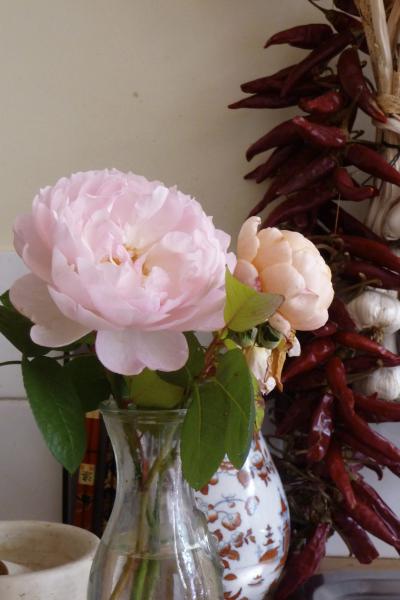

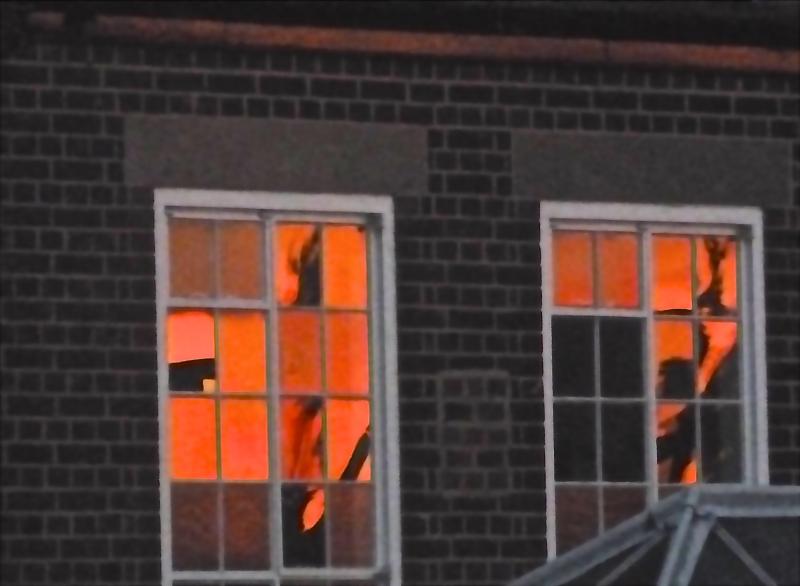
Dear Nanu, this is so beautifully written! Thank you! And it made me a bit sad – as I tended to like Oxford a lot – though I only was there visiting you – and visiting the OCMF festivals. But I think you touched a nerve, you described a process, a development away from the city you have lived in, loved it (at least at times) and – as you are saying, had ups and downs – but still always was an enjoyable place for you! – It’s now changed and changing still more – and you are leaving.
I wish you all the best for your new place – and for sure a new allotment very soon! With kindest love! Regine
Dear Regine, we have memories. What about the younger generations? Thank you for your understanding and for contributing to my memories. We all take a deep deep breath now and keep hoping….
An eerily alert description of a broken landscape, though its silhouette is the same as before. I hope your fresh allotment arrives soon, to be double dug with hope and to offer better crop than last year.